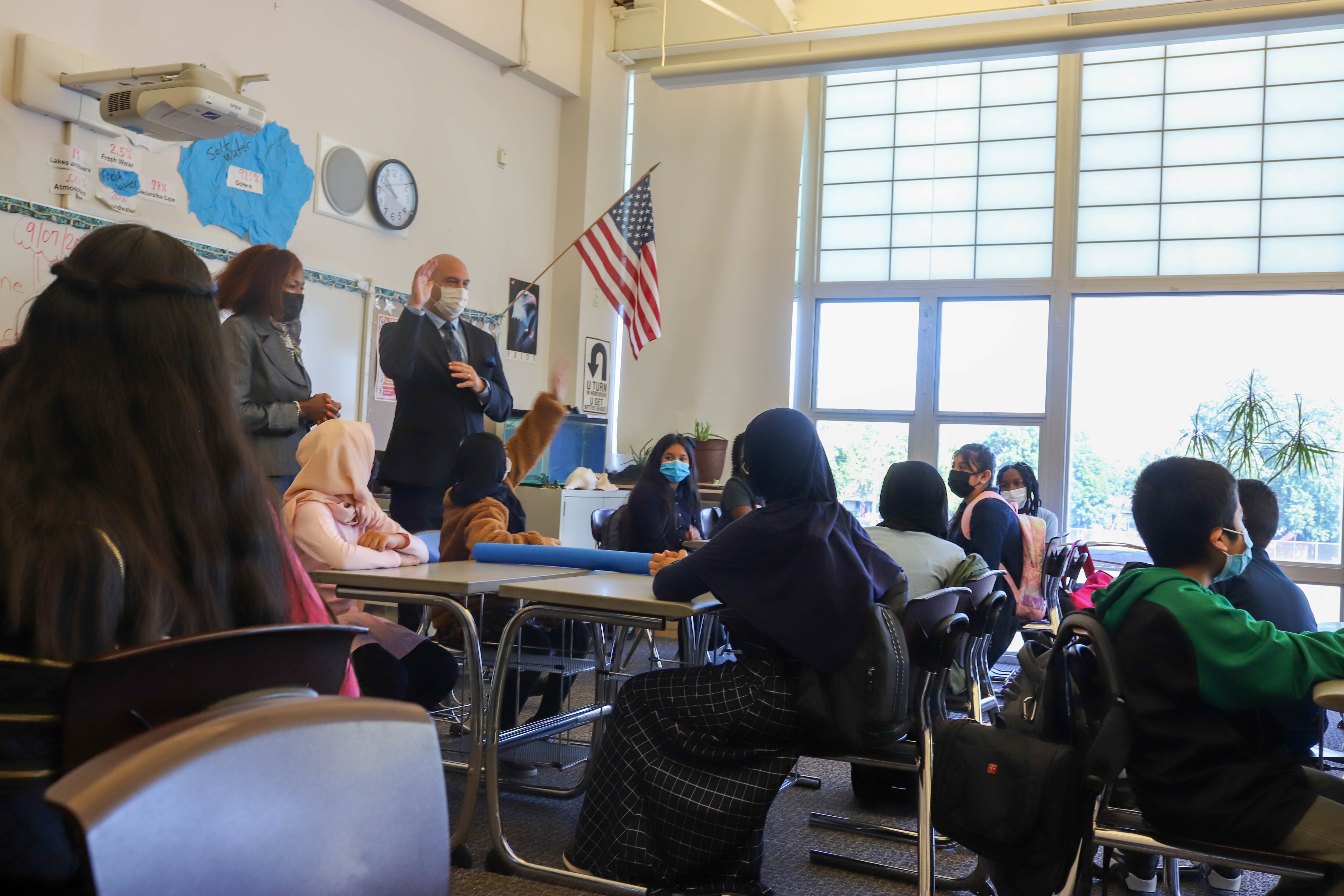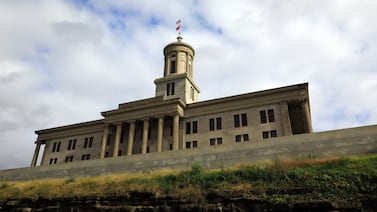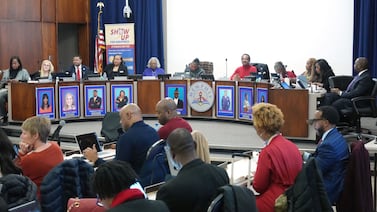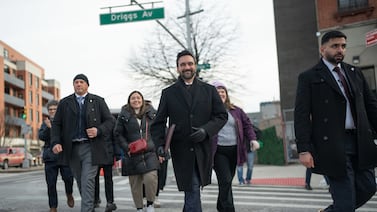The Detroit school board is looking to increase the amount of money it receives for attending meetings and conducting other board business.
Board members for the Detroit Public Schools Community District reviewed a policy Tuesday that would increase each person’s maximum annual compensation for attending meetings, training, and workshops, from $6,000 per year to $15,000.
All district policies must be reviewed by the board twice before they can be approved.
Detroit board members currently do not receive a salary, according to district spokesperson Chrystal Wilson; instead, they receive a stipend for each meeting and event they attend for the district. The current policy was adopted in 2019.
The policy applies to regular board meetings, school board committee meetings, and any meetings where a board member “is representing the board in an official capacity,” according to a draft of the policy. Board members currently receive a stipend of $100 per meeting.
The new stipend would be $250, and would limit the number of meetings board members could get paid for to 60 meetings a year. With seven board members, the new stipend would potentially increase compensation from $42,000 to $75,000 annually.
“As our district has become more and more financially healthy, we have looked for ways to recognize the numbers of hours that this (work) requires of board members,” Misha Stallworth West, a board member and chair of the policy ad-hoc committee, said during Tuesday’s meeting.
“It’s incredibly demanding and we just want to make sure that not just for those of us who are seating here, but those who may join in the future, that their work is recognized and acknowledged.”
Stacy Bogard, spokeswoman for the Michigan Association of School Boards, said state law gives local school boards the power to set member compensation. The association doesn’t collect data on the compensation rates each local school board offers its members, Bogard said, but the status quo amount in years past was $30 or less per meeting.
“There are really no office hours,” said board President Angelique Peterson-Mayberry.
“We do spend a lot of time making sure that we are fully executing the roles that we were put into office to do. That’s driving to a lot of schools and going to a lot of meetings.”
The district’s members hope to keep their stipends on par with regional and national urban school districts, Peterson-Mayberry said.
Board member responsibilities have increased during the pandemic, said board member Sherry Gay-Dagnogo.
“During COVID, the increase of attention, time, readings, resources, travel, you name it, all have heightened,” she said.
Locally, the compensation rate varies by district. Dearborn Public Schools board members receive an annual salary of $8,500 with an additional $1,000 per year granted to the district’s board president. The Board of Education at Ann Arbor Public Schools is compensated $130 per month. Novi Community School District board members are paid a stipend of not more than $30 per meeting for up to 52 meetings.
Utica Community Schools, Northville Public Schools, and Ferndale Public Schools do not compensate board members, but do reimburse them for any expenses incurred while performing their duties.






